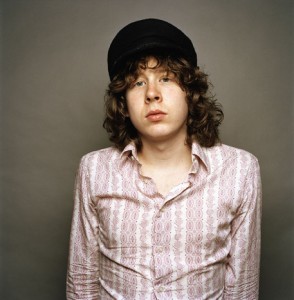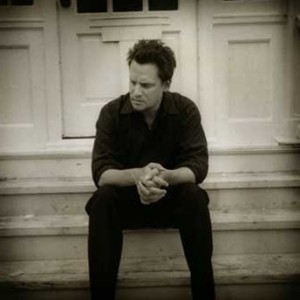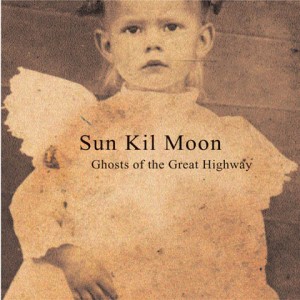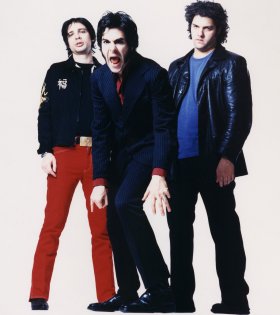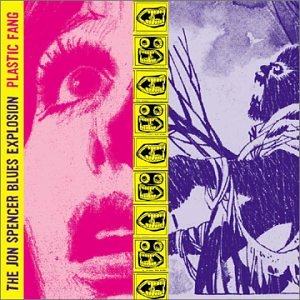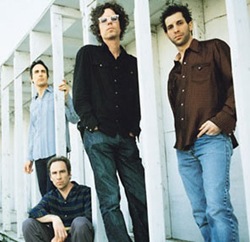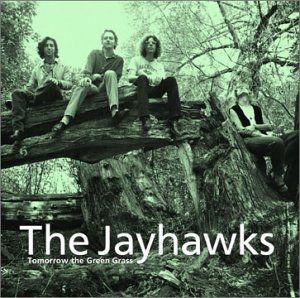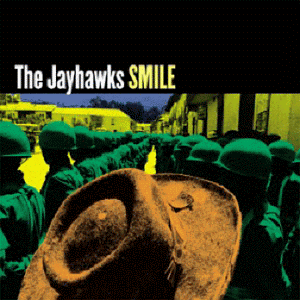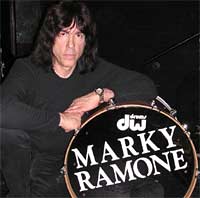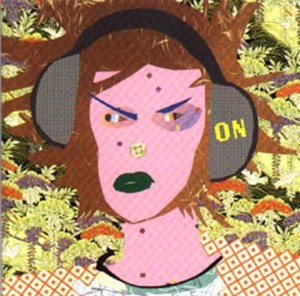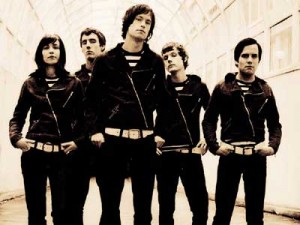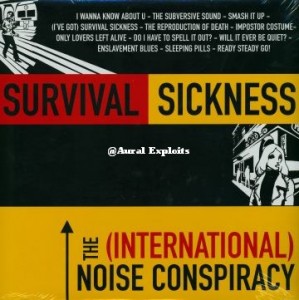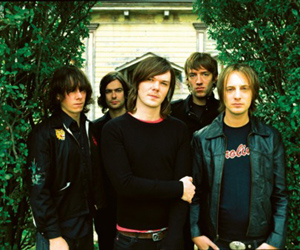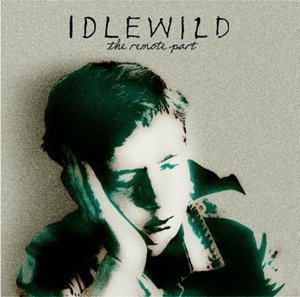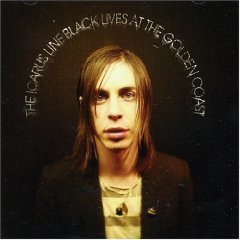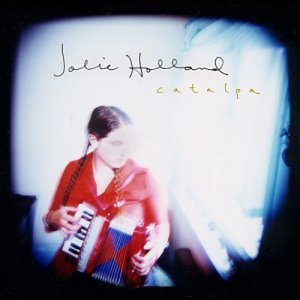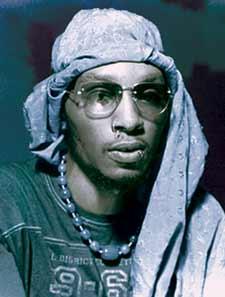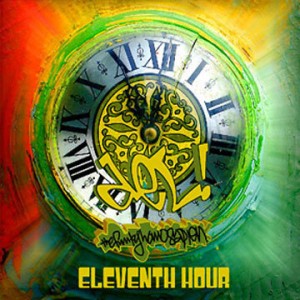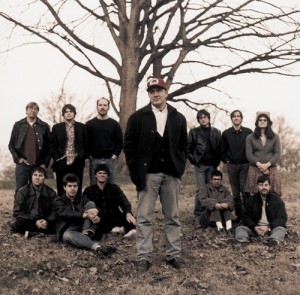 FOREWORD: Lounge-y Nashville-based country-folk ensemble, Lambchop, headed by campestral singer-songwriter, Kurt Wagner, convinced many hard-headed indie rock fans to absorb their engaging acoustical symphonies in the late ‘90s. Displaying the same pacific confidence as he does on record, Wagner spoke to me in hushed tones during 2000 about ‘asshole’ President Nixon (the loose subject of his then-current album) and how country radio eats shit. He has since eased into the near future with a steady stream of eloquent albums, including ‘02s Is A Woman, ‘04s Aw C’mon, ‘06s Damaged, and ‘08s OH (Ohio). This article originally appeared in Aquarian Weekly.
FOREWORD: Lounge-y Nashville-based country-folk ensemble, Lambchop, headed by campestral singer-songwriter, Kurt Wagner, convinced many hard-headed indie rock fans to absorb their engaging acoustical symphonies in the late ‘90s. Displaying the same pacific confidence as he does on record, Wagner spoke to me in hushed tones during 2000 about ‘asshole’ President Nixon (the loose subject of his then-current album) and how country radio eats shit. He has since eased into the near future with a steady stream of eloquent albums, including ‘02s Is A Woman, ‘04s Aw C’mon, ‘06s Damaged, and ‘08s OH (Ohio). This article originally appeared in Aquarian Weekly.
Lambchop singer/ guitarist Kurt Wagner is sitting at the top of a loading ramp in Midtown Manhattan’s Town Hall ready to perform with his eleven-member entourage in a few hours. While most mortals opening for Yo La Tengo would be nervous wrecks beforehand, Wagner’s cool as can be and up for the challenge.
For ten years, his soulful countrypolitan ensemble has imbibed a wellspring of traditional American popular music. Since getting signed to North Carolina indie label, Merge, Lambchop has dropped four fascinating full lengths (‘96s How I Quit Smoking, ‘97s Thriller, ‘98s What Another Man Spills, and the new Nixon), the hick-ish Hank E.P., and sundry singles. Somehow, Wagner found time to hook up with sensitive singer/ songwriter Josh Rouse for Chester (Slow River Records), a rural five song meditation.
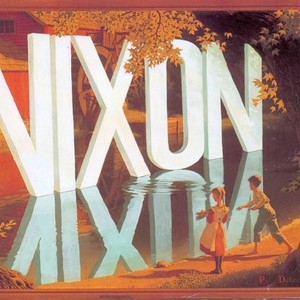 Nixon’s two most stunning achievements re-invigorate majestic ‘70s soul by bringing to life the sweet sounds of the Delfonics and Blue Magic. “Nashville Parent” streamlines orchestral lushness with debonair instrumentation while “The Book I Haven’t Read” clips Curtis Mayfield’s “Baby It’s You,” lacing honeysuckle rhythm guitar with emotionally compelling lyrics.
Nixon’s two most stunning achievements re-invigorate majestic ‘70s soul by bringing to life the sweet sounds of the Delfonics and Blue Magic. “Nashville Parent” streamlines orchestral lushness with debonair instrumentation while “The Book I Haven’t Read” clips Curtis Mayfield’s “Baby It’s You,” lacing honeysuckle rhythm guitar with emotionally compelling lyrics.
Wagner’s trivial observations and cracked humor recall deceased Southern underground icon Opal Foxx, especially on the delicately beautiful, violin-laden dirge, “The Old Gold Shoe.” He chirps a Prince-like falsetto on “What Else Could It Be?” and places delicate slide guitar and sleepy vibes beside his spoken baritone on the illuminating “The Distance From Her To There.” Without a doubt, Lambchop remain one of the most underrated, eccentric bands in America.
Is it difficult to arrange a large ensemble and take it on the road?
KURT WAGNER: It’s no more difficult than any other band. It comes over time. We work out our songs together. It happens pretty naturally.
Your newest songs seem more reflective and introspective.
Maybe you get a little sappy with old age. It’s more about trimming the fat. The band does the arrangements. I try to get in the way as much as possible. They take what I give them as a structure and they figure out their parts. I think about band members sometimes when I’m writing songs. I try to highlight someone in the band. But a lot of arrangements happen in the studio.
On close inspection, many songs contain dark, humorous lyrics.
I think they’re pretty funny sometimes. It’s not fun just to do straight tragedy all the way through.
The only band I could truly compare Lambchop to is the now defunct Opal Foxx Quartet.
God, I wish I had played with them. That’s a pretty high compliment. Not many people know about Opal Foxx. I really admired the man.
You’ve experimented with ‘70s soul in the past, recording Curtis Mayfield’s “Give Me Your Love” and Frederick Knight’s “I’ve Been Lonely For So Long” on What Another Man Spills. You admirably blend that influence with ‘60s countrypolitan arrangements reminiscent of Billy Sherrill, Chet Atkins, and Owen Bradley. How did this come about?
It’s natural. I’ve spent a lot of time in Memphis going to art school. Soul is in the water in Memphis. It sticks to you and doesn’t rub off. I like Nashville, too. Memphis is like mortar and bricks while Nashville is more sociological, encompassing a soul-funk vibe. In Nashville, it seems to be separated more by class and ethnicity. That’s why people don’t think Nashville has any connection to R & B music – which it frankly does. Country music does, too.
What did you listen to as a kid?
Like any normal kid, I listened to pop music and soul stations. The country stuff was going on all around us and would be featured on television on Saturdays. You couldn’t get away from it. It was on after the morning cartoons. You know, here comes Porter Wagoner. It wasn’t until I moved away from Nashville that I started figuring out what incredible stuff was being made there.
You mock former President Nixon in the liner notes and use his name for the album title. You claim young Republican cronies used to prey on kids with their “Up With People” slogan. What’s your perspective on the impeached prez?
He was an asshole. He was the devil and everyone hated him. I try to think I’m not so bitter about him now. I’m no Hunter Thompson, but he was fucking cruel. When he died, the eulogy of him was pretty rough. As far as I’m concerned, I’m not out to try to defend him or find something good about him. He was a family man. His wife, I’m assuming, got along with him. Like any tragic figure, there’s probably something endearing about him. But he was sending my friends off to war to die. It was stupid. That’s what was going on at the time. He was a demon.
There are subtle differences between each of your albums. I’d say the soul influences now outweigh the country influences. What styles would you like to incorporate in the future?
I’d like to do voice and guitar like Leadbelly did. It’s heavenly. I’m fascinated by that simplicity of sound. I think, for me, it would be great fun and a great relief to work with very simple elements and still incorporate eleven people. That’s a challenge. If it’s done right, it would be right for us. I’ve been studying old blues lately and I’m finding out it’s connected to all the things we’ve been doing so far. It’s just a different sound and a different challenge.
Was Nixon a major challenge for you?
I did struggle with the content. I picked songs according to how I wanted this album to sound. I’ve always felt if country music had decent content today, it would be such a major improvement. They just don’t give people a lot of credit for having any intelligence and true emotions. Soul music and hip-hop, on the other hand, are full of content. It’s almost like diarrhea, though. You need Pepto Bismal to refine it.
When will country music marketers finally dig deep and start supporting serious, independent-minded musicians like you? They no longer support George Jones, Merle Haggard, and Willie Nelson. They hardly play contemporaries such as Dwight Yoakam on radio anymore.
I think they’ll have to become totally bankrupt. And that will match their morally bankrupt state and then it’ll be fine. They’re all scared now. Sales are down. They have time on their hands and the machine isn’t running full tilt. They’re getting nervous. They should worry more about music than money.
